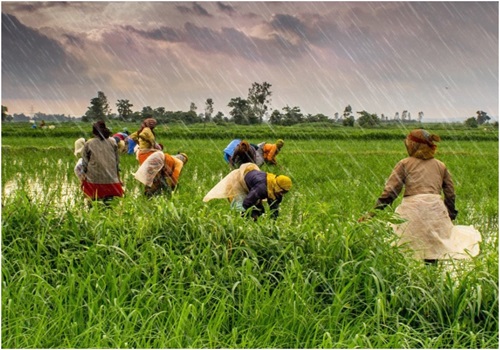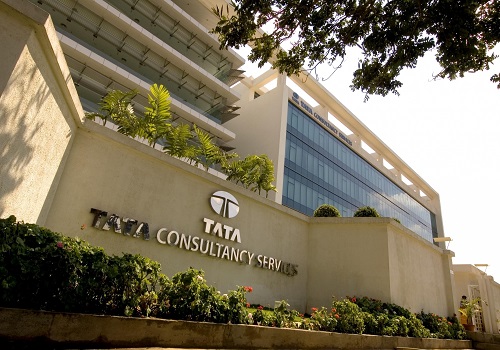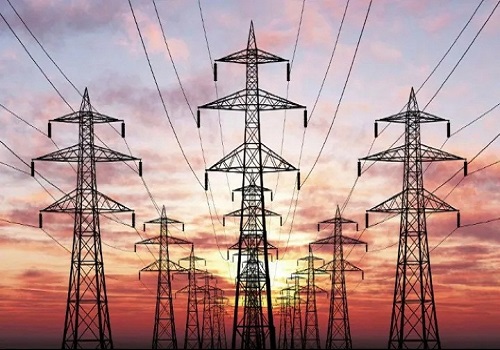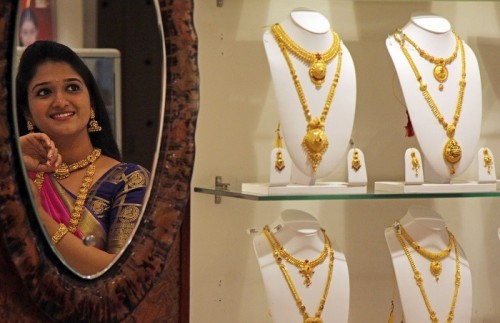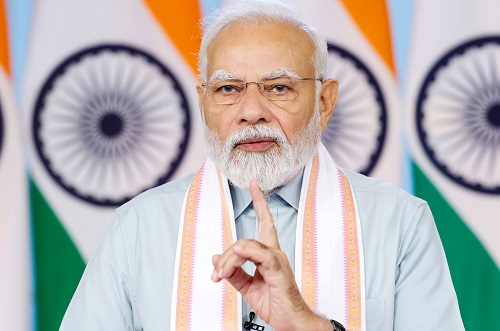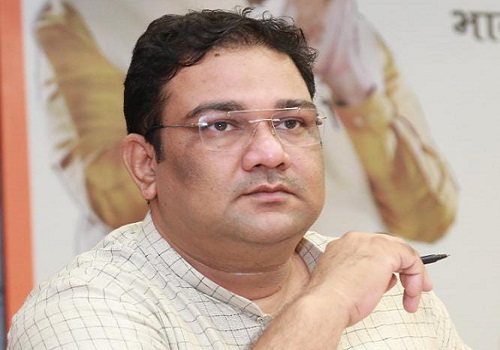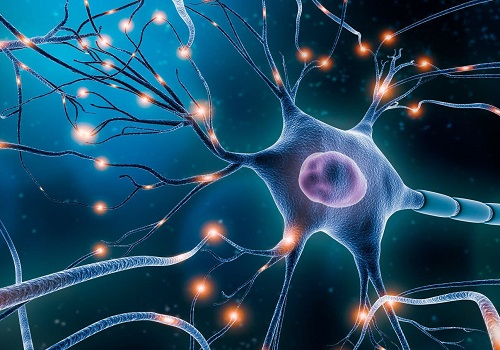After diabetes and BP, obesity surge set off alarm bells across India

While India continues to battle the steep rise in two major lifestyle diseases -- type 2 diabetes and hypertension -- the growing cases of obesity has raised an alarm in the country.
The obesity surge comes at a time when millions of Indians turn away from home-made traditional diets to fatty, cheesy and oily processed foods and sugar-laden beverages.
Obesity is a major health-care concern, even in middle-income and low-income countries, because of its association with chronic diseases such as diabetes, cardiovascular diseases, and some cancers.
The prevalence of overweight and obesity in India has doubled during the past two decades, leading to a notable increase in the burden of non-communicable diseases, according to a recent study published in The Lancet Gastroenterology & Hepatology.
Although India has made tremendous progress in providing primary and preventive health care to its citizens, it has not recognised obesity as a major healthcare concern to be acted on, argued the study titled “Obesity: another ongoing pandemic”.
Obesity was also touted as a modifiable risk factor of Covid-19 and the study emphasised that the goal of public health bodies should be to achieve a healthy weight at the population level that might reduce adverse outcomes for non-communicable and infectious diseases.
According to the data from the 2016-2021 National Family Health Survey (NFHS), about 20 per cent of the Indian population is obese, including 5 per cent morbidly obese (severely obese) population. A sharp increase in childhood obesity was also discovered.
According to estimates, India has 135 million obese people.
Health experts blame change in eating habits as one of the key factors contributing to India’s obesity pandemic.
Youngster’s diets in India have become more westernised and more dependent on processed and fast foods.
These foods frequently include high levels of calories, sugar, and fat which can cause weight gain and obesity, say experts.
According to Dr Kishore B. Reddy, Managing Director, Amor Hospital in Hyderabad, modernisation and urbanisation of our societies has brought in some undesired changes into our lives.
"We see more and more people today consume energy-rich and fat-rich foods; but there is a significant reduction in physical activities. This is leading to people adding weight, which has significant financial implications. Obese individuals and families tend to spend more not just on their healthcare, but also for certain simple needs like transportation," Dr Reddy noted.
Increased consumption of sugars, found in many ultra processed foods, has been linked to overweight and obesity, which affects nearly 40 per cent of the global population and millions of children.
"It is imperative to recognise the intricate relationship between sugar consumption and the development of diabetes. Sugar, once regarded as a simple pleasure, can disrupt the delicate balance of our body's glucose regulation, predisposing individuals to this chronic condition,” Dr. Manoj Vithlani, senior consultant physician and diabetologist, HCG Hospitals, Ahmedabad, told IANS.
Obesity among boys and girls in India is likely to see an annual rise of 9.1 per cent by 2035, if prevention, treatment and support do not improve, warned an alarming global report on the occasion of World Obesity Day in March this year.
The report, published by World Obesity Federation, showed that in 2020, boys had a 3 per cent obesity risk, but by 2035, the risk will likely go up by 12 per cent and for girls the risk was 2 per cent in 2020, but in 2035, it will rise to 7 per cent.
